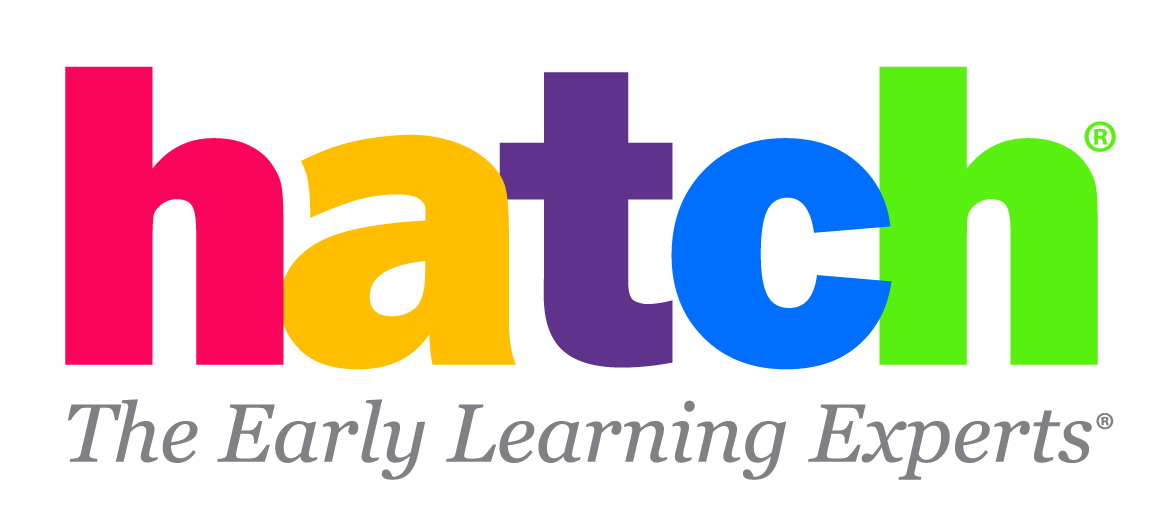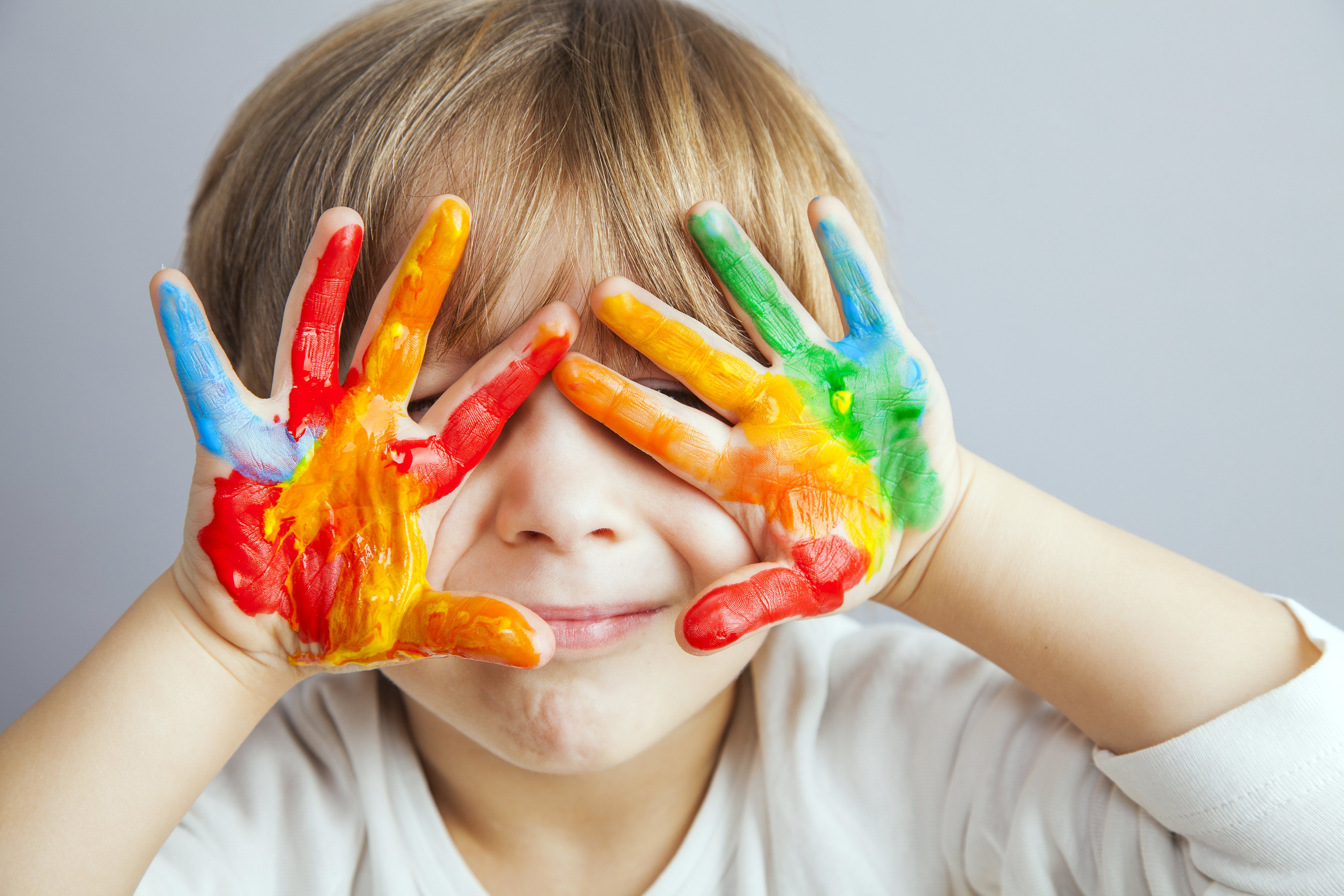Fred Rogers often referred to the fact that “play is the work of children”, and now, as children (and adults!) cope with the pandemic, and a sometimes scary and confusing world, the natural resource of play is more important than ever!
Play provides an important context for children to explore the world, gain new knowledge, and develop language and social skills. As children negotiate rules, communicate with one another, and practice social situations, you may also find them incorporating aspects of their current reality such as wearing a face mask, or practicing social distancing, which can help them deal with and understand the things going on in their world.
“In the current COVID-19 pandemic, play has become more important than ever before. First, children are increasingly confronted with insecurity and changes. For example, they see people wearing face masks, find that new rules apply in school, and might notice how their parents or caregivers struggle with issues like health or financial instability. Play can be an important activity for children to cope with, process, and understand these changes. Second, as schools close or teachers quarantine, there is less time for children to engage in high-quality play experiences. Such play can provide a unique learning context for the development of different cognitive domains.”
What is ‘high-quality’ play?
- Role Play: Roleplay naturally encourages children to pretend to be someone else (someone they know, someone they have observed (such as a clerk at a store, or the assistant at a veterinary office), while acting out scenarios, conversations, and (sometimes) experiences that have caused them stress. As they explore various role play situations, children can develop social and emotional skills (taking turns, playing cooperatively, expressing emotions and fears, etc.). In addition, the innate imagination of a child, combined with simple (and easy-to-find!) household or classroom objects, can open the door to ENDLESS possibilities!
- Object-Oriented Play: Another form of high-quality play is referred to as, ‘object-oriented’. This means children play with ‘objects’ (specifically, objects that benefit their cognitive development), such as blocks, toy cars, dominos, etc. For example, research shows that playing with blocks provides a unique context in which children learn spatial language (developing an understanding of words such as in, out, behind, etc.). To ensure high-quality with object-oriented play, we recommend you play alongside the children (not leading the play, but observing, asking open-ended questions, elaborating on topics or lines of conversation as the children communicate and plan, provide suggestions, or guidance that propels children towards further investigation (which you can do by saying things like “What do we need to build a…” “I wonder how you could make the car go faster?”).
- Physical Play: Whether children are throwing a ball with friends, climbing on a play structure, or riding tricycles, physical play is a HOME RUN for so many reasons! Through physical play, children can hone their social skills; negotiating group dynamics, learning how to collaborate and compromise with others, resolve conflicts, and adhere to rules. In addition, physical play helps children with coordination, balance, the development of motor skills, spending natural energy (which is shown to promote better eating and sleeping habits).
- Expressive Arts Play: Expressive arts may include any number of things such as singing, telling jokes, drawing, dancing, choreographing the moves to a dance, working with clay, or making music! Artistic activities foster intellectual development and stimulates both sides of the brain! These types of play can increase the capacity of memory, attention and concentration, AND expose children to a variety of cross-curricular concepts (i.e., mixing colors as you paint, noticing patterns in a song, counting on the beat (as you dance), planning as you construct a clay sculpture, etc.).
Your friends at Hatch are here to support you and will continue to provide resources that help you facilitate playful learning experiences (whether your young learners are at home, or at school)! Let's talk about how Hatch is your partner for high-quality play experiences and other early childhood success. We'll be expecting you!

